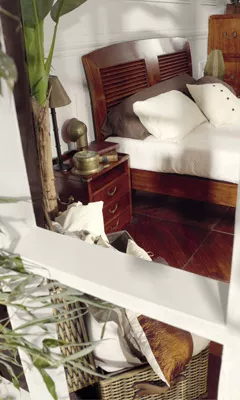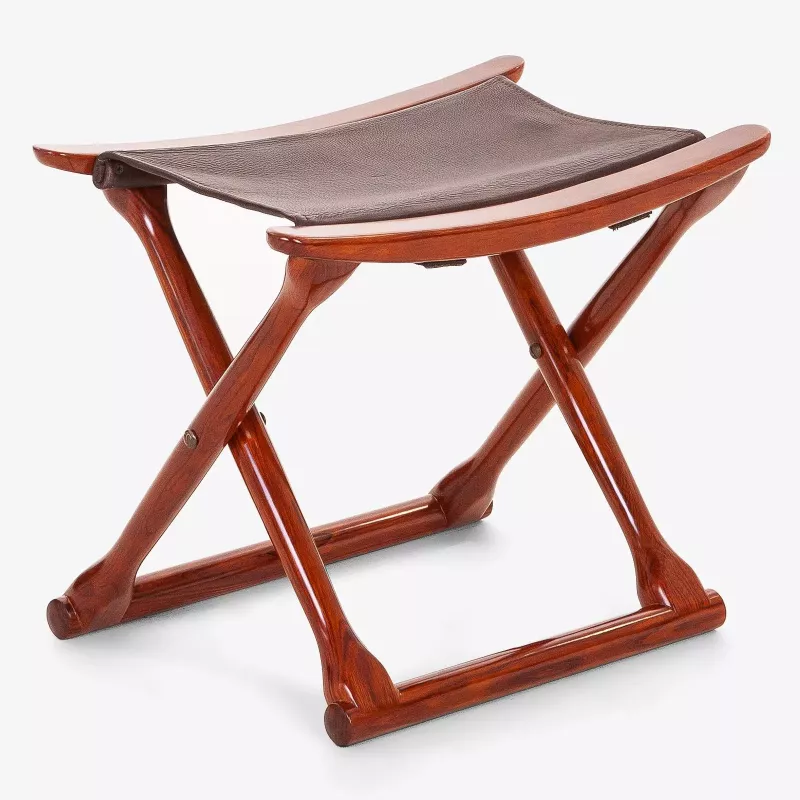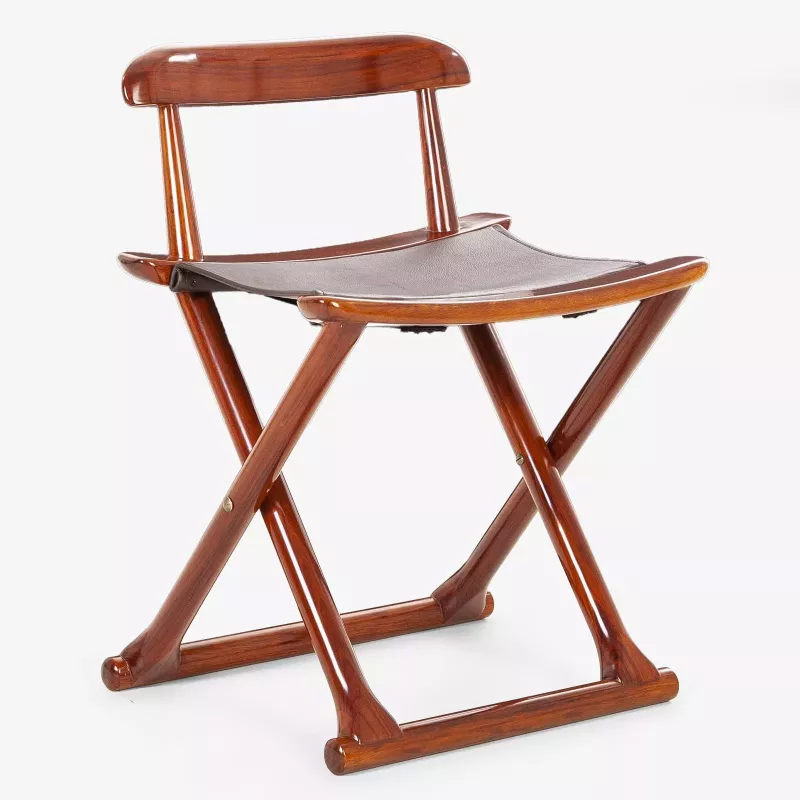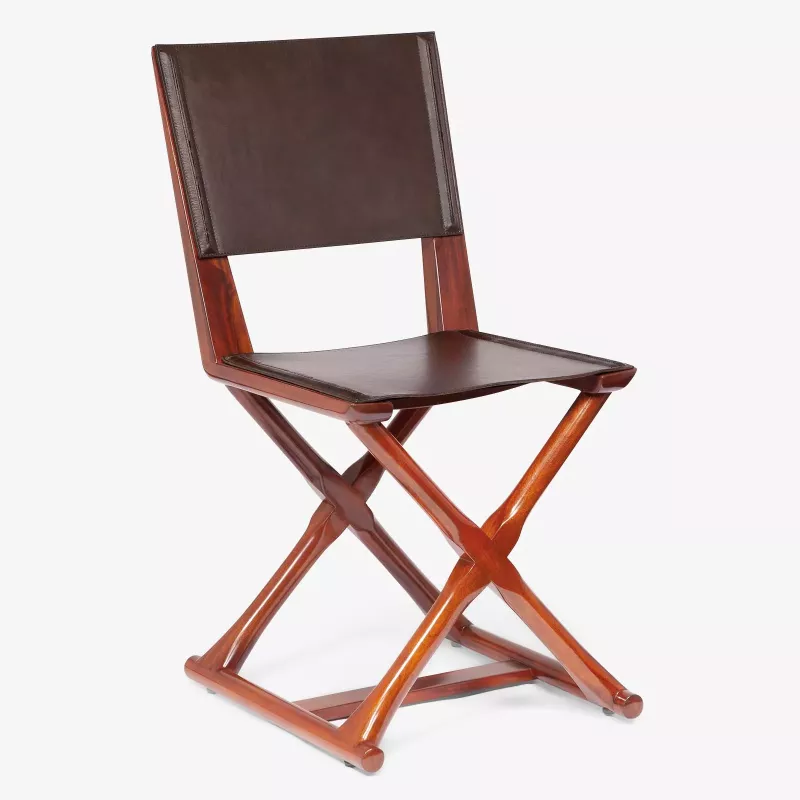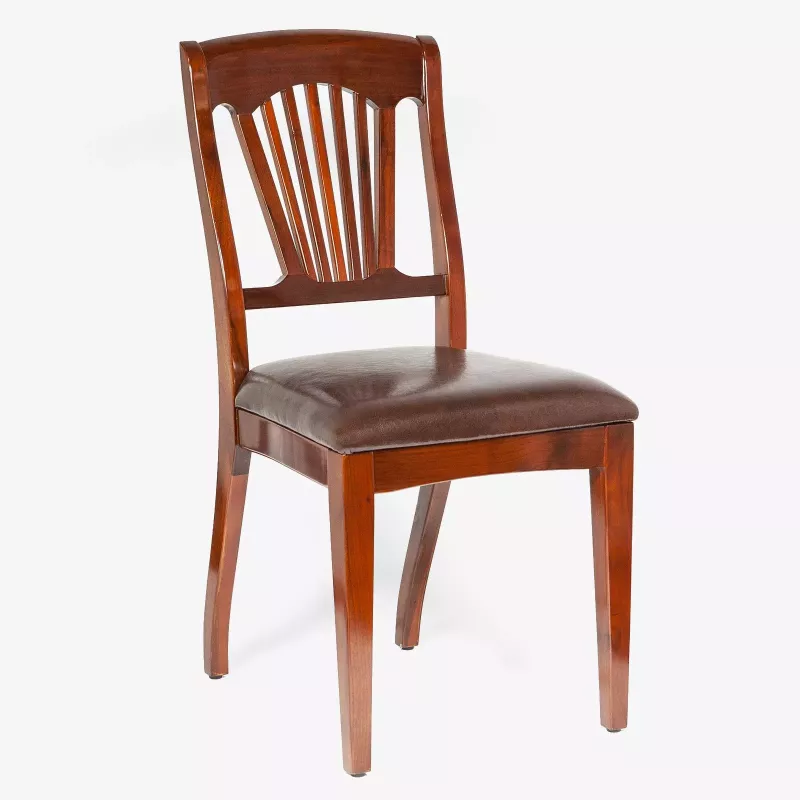MAHE - Folding stool
Reference : STAR-0048
Dimensions : W48 x D33 x H40 cm
Inspired by the three-legged folding travel stools popular with soldiers, sportsmen, campers and artists in past centuries, this revisited version provides even greater stability and comfort.

Custom manufacturing

Premium materials

Traditional assemblies

Exceptional finishes
Product informations
Features
- Folding seat
- Leather seat
- Comfort straps
Finishes
- Wood varieties : prunus avium (cherry), Entandrophragma cylindricum (sapelli), Entandrophragma utile (sipo), Juglans nigra (black walnut)
- Rosewood varnish finish
- Solid brass hardware : Starbay marine anchor screw
- Cowhide full grain leather : seat
- Engraved and inked Starbay bone logo
Technical information
- Furniture delivered already assembled
- Parcel : W58 x D57 x H32 cm / 10 kg (2pcs)
Maintenance tips
- Remove dust with an anti-static or slightly damp cloth
- Do not apply wax to avoid clogging the varnish
- Avoid cleaning with products that could potentially be abrasive to varnish
- Always protect surfaces before applying liquids or heat
- Nourish leather with body milk (for baby ideally)

Secure
payment

Made-to-measure
delivery

Customer service
and workshops in France

Click
& Collect
You may also like
Previous
Next

